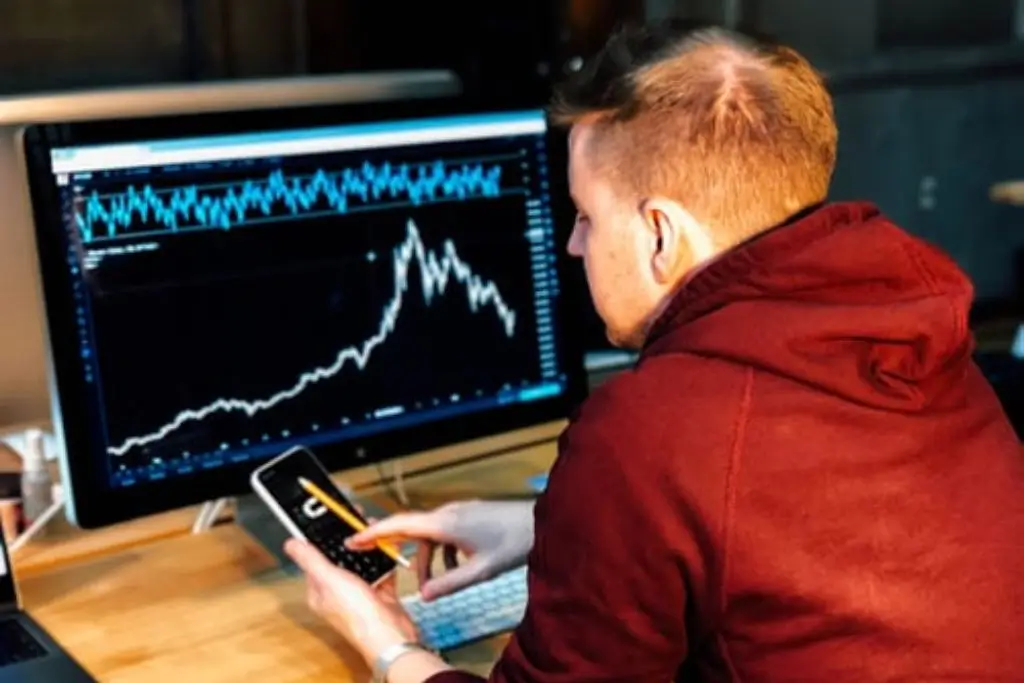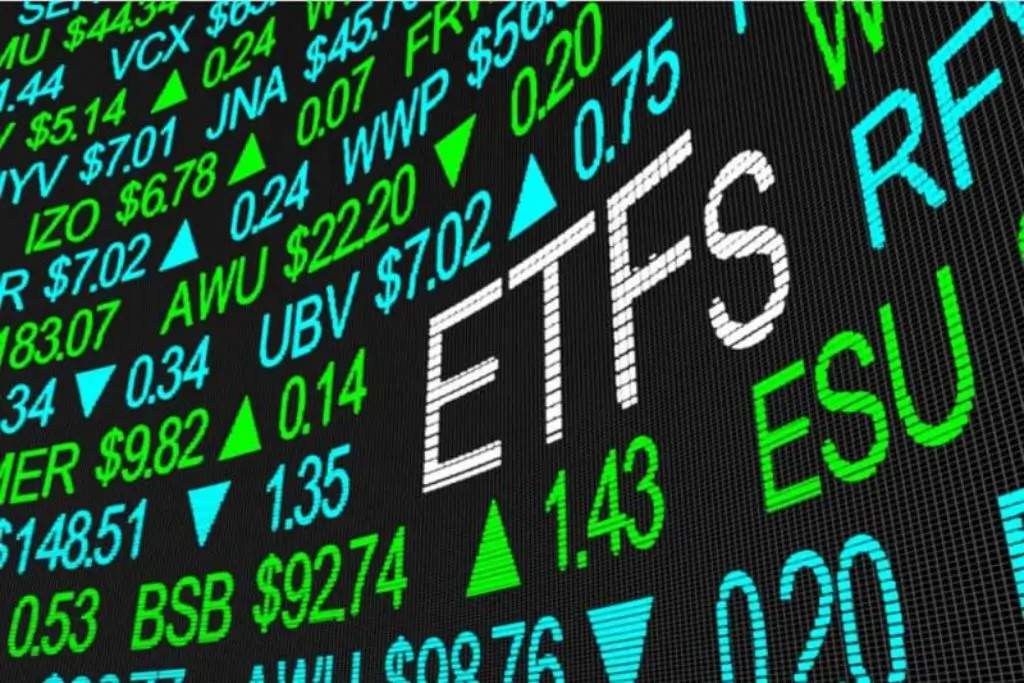Find out how the stock exchange works and how to start investing and make a profit on the financial market.
We hear a lot about the financial market and especially the stock market, but what does it mean to invest in the stock market? Is it like playing the lottery? Is it worth it?
In a very hypothetical way, let's suppose that a large car company launched a new car, and let's say that it only manufactured 100 units of this car and that these 100 units were sold quickly to customers.
Since the company no longer makes this car, we can imagine that if someone wanted to buy it, they would have to buy it from someone else. This person, knowing that there are no more units to sell, could take advantage of the situation and charge a higher price. Therefore, your car has increased in value simply because it is scarce on the market.
On the other hand, let's say that shortly after the launch and sale of these cars, users realise that it's more difficult to find spare parts for possible repairs to the vehicle. This time, if someone wants to sell their car, the new buyer may not want to pay the same amount, because if the car needs any repairs, they will have more work to do.
As I said before, to summarise how the stock market works, we can make an analogy with the cars in the example above. The difference is that you don't buy a product from a company, but you literally buy a piece of it that is divided up in the form of assets, and just like in the car example, this purchased part of the company tends to be worth more or less depending on the interest that traders have in buying and selling these papers.
Therefore, the more people who want to buy because they believe the company will rise in value, the more people who want to sell because they believe the company has risen enough or that it could fall in value for some internal or external reason, the asset tends to lose value.
Stock exchange: characteristics
The stock exchange is an organised market where securities such as shares, fixed-income securities, commodities, futures contracts, options and other financial assets are traded. Here's a comprehensive overview of the stock exchange:
Operation: On the stock exchange, buyers and sellers meet to trade financial assets. Trading takes place in an electronic environment, where prices are determined by supply and demand. Transactions are intermediated by stock brokers, who act as intermediaries between investors and the exchange.
Main scholarshipsThere are several stock exchanges around the world, the best known being the New York Stock Exchange (NYSE) and the NASDAQ in the United States, the São Paulo Stock Exchange (B3) in Brazil, and the London Stock Exchange (LSE) in the United Kingdom. Each exchange has its own characteristics and company listings.
Traded AssetsDifferent types of assets are traded on the stock exchange. Shares represent stakes in companies, while fixed-income securities include debentures, bills of credit and other debt instruments. In addition, commodities such as oil, gold and coffee, as well as derivatives such as futures contracts and options, are also traded.
Market Indices: Market indices, such as the Dow Jones Industrial Average in the US and the Ibovespa in Brazil, are measures that track the performance of a group of shares listed on the stock exchange. These indices are used as indicators of the general state of the financial market and the economy.
Market participantsIn addition to individual investors, market participants include financial institutions such as banks and investment funds, as well as professional traders and listed companies. Each of these participants plays an important role in price formation and market liquidity.
Regulation: Stock exchanges are regulated by governmental and self-regulatory bodies to guarantee the transparency, integrity and security of the market. These bodies establish rules and regulations for corporate governance, information disclosure, market operations and the conduct of market participants.
Risks and opportunities: Investing in the stock market offers opportunities for financial gain, but it also involves risks. Asset prices can be volatile and affected by a variety of factors, including economic conditions, political events, corporate news and regulatory changes. It is therefore important that investors understand the risks involved and conduct careful analysis before making investment decisions.
Read also: What are Investment Funds?
Attention!
Valor e Capital is a purely informative site aimed at enriching our users with financial content, we are not linked to any company and we do not make suggestions for buying or selling assets, do not share personal information in the comments.













